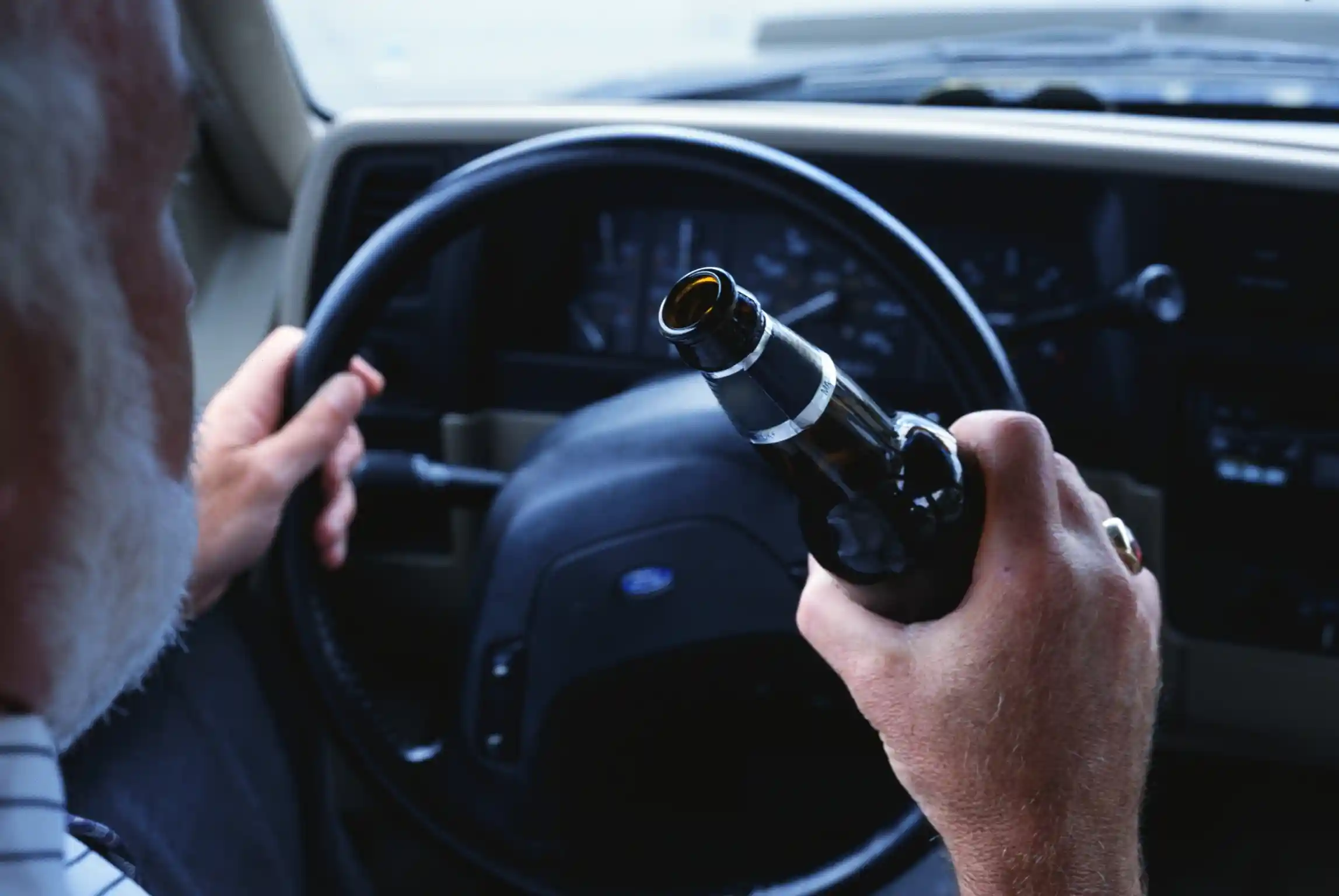 As a parent, you undoubtedly try to protect your child from anything and anyone who might cause harm. If you are the parent of a teenager, you have also likely spent a good amount of time trying to impress upon your child the importance of not drinking and driving. What you may not realize, however, is how likely it is that your child has been a passenger in a vehicle with aa driver who was under the influence. According to an Omaha DUI defense attorney, the results of a recent study may shock you – and prompt another conversation with your teenager.
As a parent, you undoubtedly try to protect your child from anything and anyone who might cause harm. If you are the parent of a teenager, you have also likely spent a good amount of time trying to impress upon your child the importance of not drinking and driving. What you may not realize, however, is how likely it is that your child has been a passenger in a vehicle with aa driver who was under the influence. According to an Omaha DUI defense attorney, the results of a recent study may shock you – and prompt another conversation with your teenager.
Underage DUI
Most states across the nation, including Nebraska, have enacted tougher DUI laws aimed at preventing underage drinking and driving. Known as “zero tolerance” laws, a conviction for one of these laws can impact a teenager’s freedom, social life, driving privileges, and future employment opportunities. While it is undoubtedly important to keep your child from ending up with a conviction for a zero tolerance law, it is equally important to keep your child from being injured as a passenger in a vehicle being operated by someone who is under the influence. A recent study indicates that the odds of your child being in just that situation are probably higher than you realized.
Risky Riding
In a U.S. study released by Colorado University, about one out of every three young people just out of high school admitted to riding with a driver who was under the influence of alcohol or illicit drugs. That raises their already high risk of being in a crash – not just as a passenger, but later as a driver, too, researchers say. Consider some startling statistics about teen drivers – before you add in an impaired driver:
- 33% of deaths among 13 to 19-year-olds in 2010 occurred in motor vehicle crashes.
- 16-year-olds have higher crash rates than drivers of any other age.
- Statistics show that 16 and 17-year-old driver death rates increase with each additional passenger.
- Only 44% of teens said they would definitely speak up if someone were driving in a way that scared them.
“Our previous study indicated that exposure to alcohol and drug-impaired driving (meaning riding with a drunk or otherwise impaired driver) was an independent risk factor for teenage DWI,” or driving while impaired, said lead author Kaigang Li, a community and behavioral health researcher at Colorado State University in Fort Collins.
Young impaired drivers are at even higher risk for crashes than impaired adults, Li and colleagues note in the Journal of Studies on Alcohol and Drugs. Teen drivers are 17 times more likely than adults to die in a crash when they have a blood alcohol concentration over the legal limit, they write.
Li’s team analyzed data collected in 2013-2014 in two annual surveys, each of which included more than 2,000 young people one or two years after high school graduation. Participants provided background information about themselves and answered questions about experiences with driving and riding while impaired. These included whether in the past year they had used drugs or alcohol themselves, and whether they had ridden in a vehicle with a peer or older adult who had used alcohol, marijuana or other illicit drugs such as cocaine, ecstasy, amphetamines, anabolic steroids, LSD, opiates, glue or solvents.
“Whereas driving drunk has become more and more stigmatized since the 1980s, the social prescriptions against riding with (other types of) impaired driver are not as strong,” said Jennifer Schwartz, a sociology researcher at Washington State University in Pullman, who wasn’t involved in the study. “As researchers, we understand less about why someone would choose to ride with an impaired driver.”
In the first survey, 25 percent of young women and 22 percent of young men said they had ridden with someone impaired by drugs or alcohol. In the second survey, that rose to 33 percent.
The impaired driver was more likely to be a peer, rather than an older adult. And binge drinking – defined as consuming four to five drinks or more in a two-hour span – and marijuana use were both associated with a higher likelihood of driving with an impaired friend. Marijuana users were twice as likely as non-marijuana users to ride with an alcohol-impaired peer, 11 times as likely to ride with a marijuana-impaired peer and more than nine times as likely to ride with an illicit-drug-impaired peer, researchers found.
“Our children are learning behaviors from their surroundings. Their learning experience and the behaviors they are exposed to are leading to their attitudes toward their own behavior . . . when deciding to engage in a behavior or not,” Li said.
Contact an Omaha DUI Defense Attorney at Petersen Law Office
If you have been arrested for driving under the influence (DUI) in the State of Nebraska, it is always in your best interest to consult directly with a DUI defense attorney about the specific facts and circumstances of your case. Contact the Nebraska DUI lawyers at Petersen Law Office 24 hours a day at 402-513-2180 to discuss your case with an experienced DUI defense lawyer.

